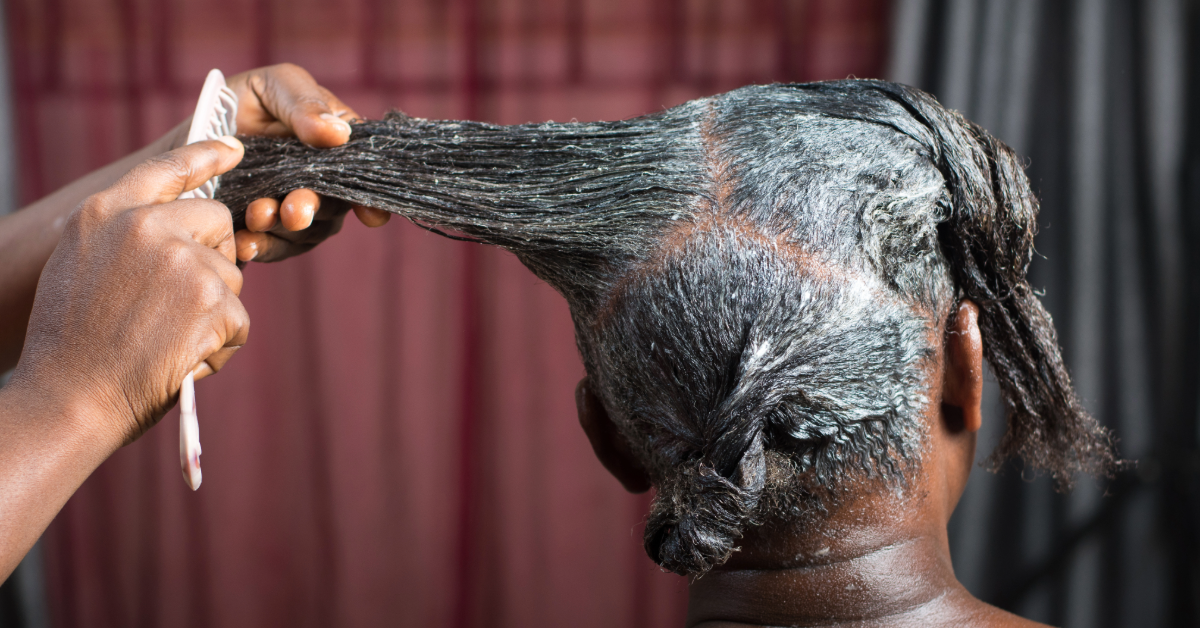
New study from Boston University connects hair relaxer to uterine cancer.
In October, the Black Women’s Health Study at Boston University reported that women who frequently used hair relaxers, especially older women, were more likely to develop uterine cancer than those who never or occasionally use hair relaxers. This finding was published just one year after the Journal of the National Cancer Institute (JNCI) released the first study linking hair relaxer to uterine cancer.
How was this study conducted?
The Black Women’s Health Study observed the health conditions of 44,798 black women with an intact uterus over a span of 22 years, from 1997 to 2019. This study had a vastly larger sample size of black women participating, compared to the JNCI’s findings with the results of the Sister Study. Though the Sister Study had over 50,000 participants, just under 4,500 of them self-identified as black women.
Even though the sample size of black women was so drastically different for each study, both studies’ results were alarmingly similar. They both reached the conclusion that women who frequently used hair relaxers were more than twice as likely to develop uterine cancer by the time they reached post-menopausal age than women who did not use hair relaxers. Both studies also found that black women have a higher rate of developing aggressive uterine cancer subtypes compared to non-Hispanic white women, and, as a result, they are twice as likely to die from uterine cancer.
WHAT DO THESE STUDIES MEAN FOR HAIR RELAXERS?
For now, the hair relaxer lawsuit has been steadily adding on new claims as the pre-trial discovery phase continues into 2024. Since this is a newer lawsuit and we are still in the phase of collecting evidence, there have not yet been any hair relaxer cases that have gone to trial.
However, the FDA previously signaled that it would propose a ban in April on all hair relaxer products containing the cancer-causing chemical formaldehyde or any chemicals that release formaldehyde when heated. If this ban does eventually go into effect, then the beauty industry would be required to enact systemic change for how professional and drugstore hair relaxer formulas are created.
Featured image shot by Janice Checchio for Boston University Photography.
You may also like
Hair Relaxers Linked to Uterine Cancer by the JNCI.
The repeated use of chemicals in hair relaxers has been causing uterine, endometrial, and ovarian ca
FDA signals to propose a ban on Hair Relaxers with Formaldehyde.
One year after the Journal of the National Cancer Institute (JNCI) reported that the risk of develop




